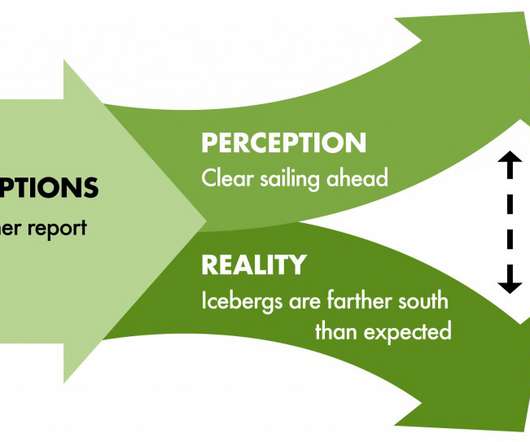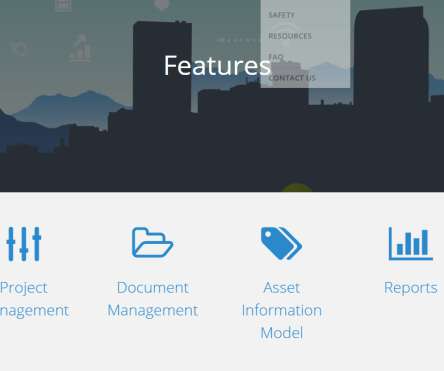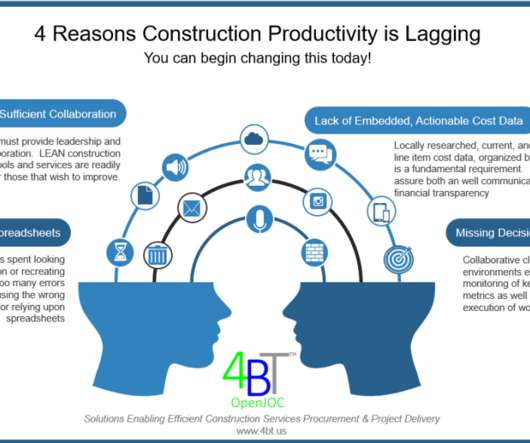Public Sector Facilities Stewardship and Data-driven Decision Making
Job Order Contracting
OCTOBER 5, 2022
The fundamental reason the assumptions most public sector professionals have are incorrect when it comes to life-cycle management of the built environment. Assumptions drive what information is collected, how it is collected, how information is analyzed, and what conclusions result, and subsequent actions taken.










































Let's personalize your content